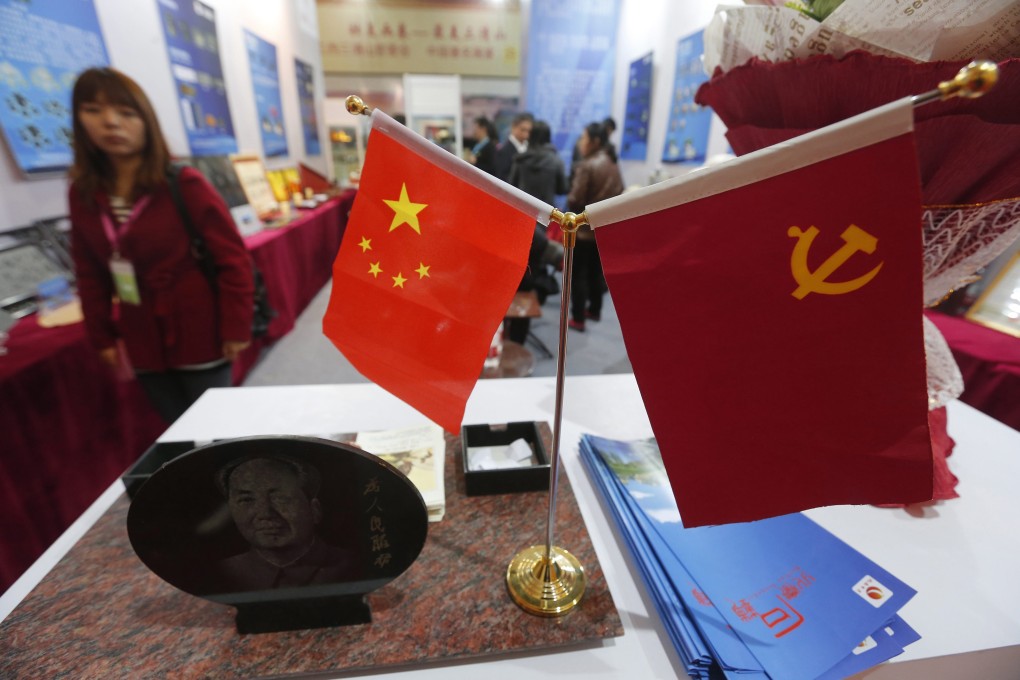Chinese media build expectations of reforms at key meeting

Chinese state media on Sunday raised expectations for major reforms at a Communist Party meeting which is setting the course for the world’s second largest economy over the next decade.
Leaders on Saturday began a four-day meeting, known as the Third Plenum, to chart the country’s future as it faces a series of challenges ranging from environmental degradation to a widening income gap.
In a front-page editorial, party mouthpiece the People’s Daily praised past economic reforms for bringing prosperity to the world’s most populous country and called for more.
“China needs to deepen reform... opening up on all fronts in order to forge ahead,” it said, but added the country faced an “uphill road” as it seeks to address new challenges.
Analysts say China remains committed to economic reform, launched more than three decades ago in the communist country, but the pace slowed under the previous leadership of President Hu Jintao.